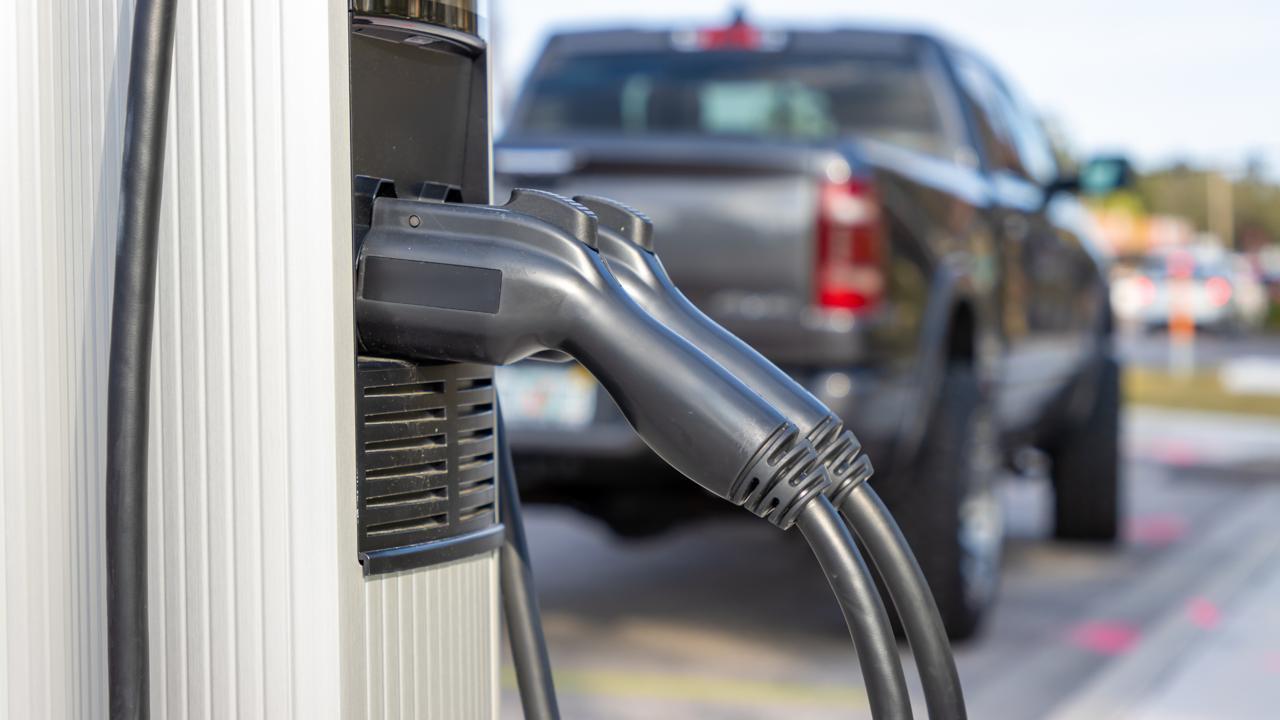
Post by : Amit
A Major Leap for the Middle East’s Green Mobility Drive
Dubai has now surpassed 1,270 public electric vehicle (EV) charging stations, marking a significant milestone in its push toward low-emission mobility and urban sustainability. According to Dubai Electricity and Water Authority (DEWA), the emirate’s green infrastructure has expanded dramatically in the past year, positioning Dubai as the Gulf region’s leading EV ecosystem. The announcement aligns with the UAE’s broader climate action commitments under its Net Zero 2050 initiative and follows Dubai’s pledge to electrify at least 30% of its mobility systems by 2030.
DEWA’s EV Green Charger initiative is central to this transformation. Launched in 2015, the initiative began with only 100 charging points. Today, that number has ballooned to more than 1,270 across key locations including government buildings, public parking lots, petrol stations, shopping malls, and residential areas. The exponential growth reflects not just infrastructural progress but also the soaring demand for electric vehicles among UAE residents, particularly in the luxury and fleet segments.
Government-Led Strategy Powering EV Transition
The success of Dubai’s EV charging network is no accident. It’s the result of long-term planning, government support, and the execution of a well-funded roadmap. Dubai’s Supreme Council of Energy and DEWA have been working in lockstep with the Roads and Transport Authority (RTA) to develop a fully integrated, tech-driven transport system. A key part of this plan is the Green Mobility Strategy 2030, which aims to convert 42,000 internal combustion vehicles to electric and hybrid vehicles within five years.
Saeed Mohammed Al Tayer, MD and CEO of DEWA, stated in the latest press release, “We are committed to supporting the vision of our wise leadership by enabling a smart, clean, and sustainable environment. Expanding our EV charging network is critical to achieving a zero-carbon future.” His words underscore the emirate’s broader aim of becoming a global model for future-ready cities.
Dubai’s electrification push also supports the Smart Dubai strategy, a program that integrates cutting-edge technologies—AI, data analytics, and IoT—with traditional urban services. EV charging infrastructure now comes bundled with features like app-based location finders, mobile payment integration, real-time usage stats, and user-specific energy consumption analytics.
Private Sector Joins the Race
While DEWA has built the backbone of Dubai’s EV network, private players have not remained idle. Companies like ABB, Siemens, Emirates National Oil Company (ENOC), and even international mobility startups are investing heavily in developing ultra-fast and smart charging solutions tailored for Dubai’s climate and urban density. Recent partnerships with UAE-based real estate developers now aim to integrate EV charging infrastructure into all new commercial and residential developments by default.
Startups like Volt and EV Labs are rolling out high-power direct current (DC) chargers capable of delivering 80% charge in under 15 minutes, a feature especially critical for ride-hailing fleets and logistics players that require quick turnaround times.
Meanwhile, ENOC has pledged to install at least 50 ultra-fast charging stations at its service stations across Dubai by the end of 2025. These moves reflect not only rising demand but also growing confidence in Dubai’s EV market potential.
EV Adoption Trends Signal a Tipping Point
Dubai’s surge in charging infrastructure mirrors an equally fast rise in EV adoption. As of mid-2025, more than 26,000 EVs have been registered in Dubai, a dramatic jump from fewer than 1,000 in 2017. This growth is being driven by multiple factors: government subsidies, corporate fleet conversion mandates, falling battery costs, and increasing consumer preference for environmentally conscious vehicles.
Popular models among individual buyers include Tesla’s Model 3 and Model Y, BMW’s i4 and iX, and Hyundai’s Ioniq 5. For commercial fleets, Chinese EV manufacturers like BYD and Geely are also finding strong uptake, especially among logistics firms and last-mile delivery startups.
EV users in Dubai enjoy a range of incentives including free parking, reduced registration fees, toll exemptions, and exclusive green license plates—further fueling consumer interest.
Charging as a Service (CaaS): The Next Big Trend
With infrastructure in place, Dubai is now eyeing a new frontier—Charging as a Service (CaaS). This model enables EV drivers to subscribe to flexible charging plans instead of paying per kilowatt-hour. DEWA has already begun trialing smart meters and load-balancing software that optimize energy use during peak hours. In the near future, CaaS could allow users to book charging slots, schedule overnight charging, or receive predictive energy pricing based on AI forecasts.
Another growing concept is vehicle-to-grid (V2G) integration. Though still in pilot stages, V2G could allow EV owners to sell excess battery power back to the grid during high-demand hours. It’s an energy efficiency loop that could unlock additional revenue streams for consumers while stabilizing Dubai’s electrical grid—a major benefit given the region’s extreme summer loads.
Challenges Remain, but Outlook is Strong
Despite its impressive progress, Dubai’s EV journey is not without hurdles. Battery recycling and end-of-life management remains an area where policy is still catching up. Questions also linger about the resilience of chargers in extreme temperatures and how quickly older grid infrastructure can be adapted for high-density urban areas.
Yet the outlook remains overwhelmingly positive. The UAE’s energy ministry has outlined plans to harmonize EV policies across all seven emirates, creating a single national charging standard and interoperability framework. If successful, this will make EV driving seamless from Dubai to Abu Dhabi and beyond—a game changer for both logistics firms and cross-emirate commuters.
A Model for the Region
Dubai’s electrification drive is being closely watched by other Gulf Cooperation Council (GCC) countries. Qatar, Saudi Arabia, and Oman have all expressed interest in replicating aspects of Dubai’s EV rollout, particularly its public-private partnership model and integrated smart city strategy.
In fact, Saudi Arabia’s NEOM project—a futuristic city powered entirely by renewable energy—has entered early talks with DEWA to learn from Dubai’s implementation. Meanwhile, global firms are also studying Dubai’s approach to licensing, zoning, and urban energy provisioning as a template for EV rollouts in other hot-climate metropolises.
Charging Toward a Cleaner Future
As the world races to decarbonize transport, Dubai is carving a clear path forward—combining infrastructure, policy, and innovation to make electric mobility a mainstream reality. Surpassing 1,270 EV chargers is not just a milestone; it’s a signal that the UAE is ready to lead the Middle East’s transition to a cleaner, smarter, and more sustainable urban future.
If Dubai continues at this pace, it won’t just be the region’s leader—it may become a global benchmark for electrified urban transport systems in the years ahead.
Dubai, EV Chargers, Gulf Electrification
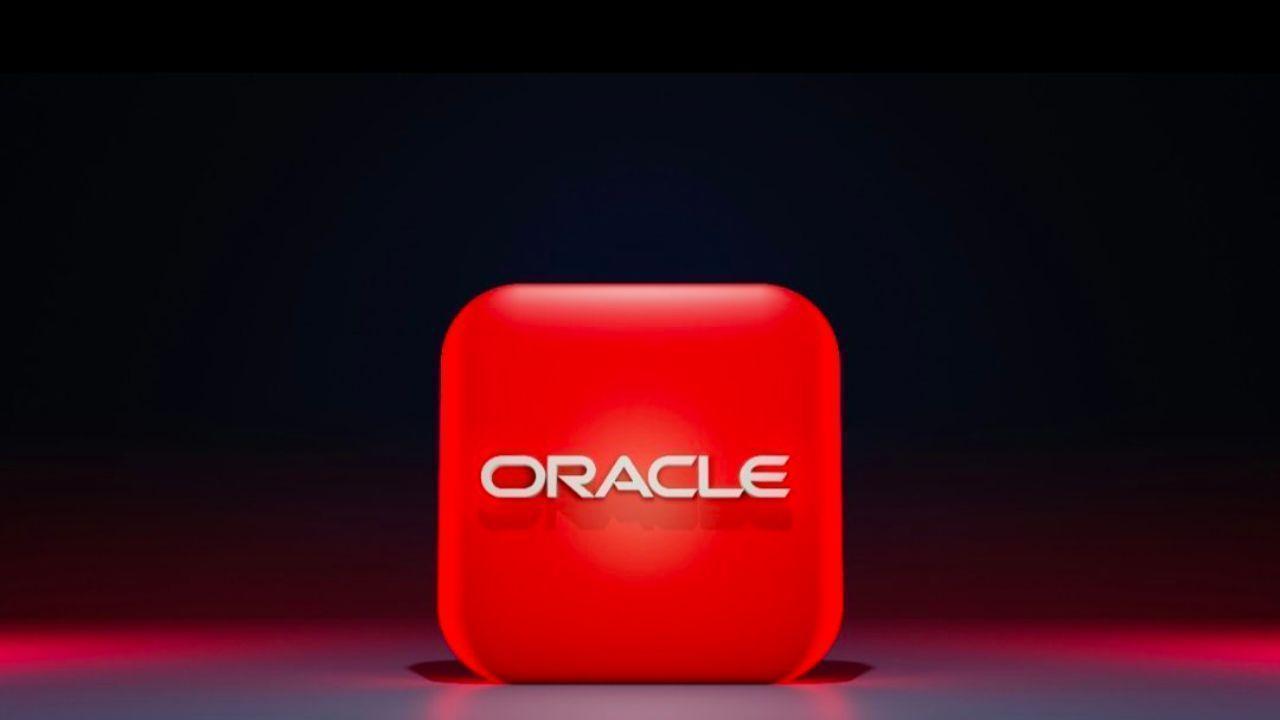
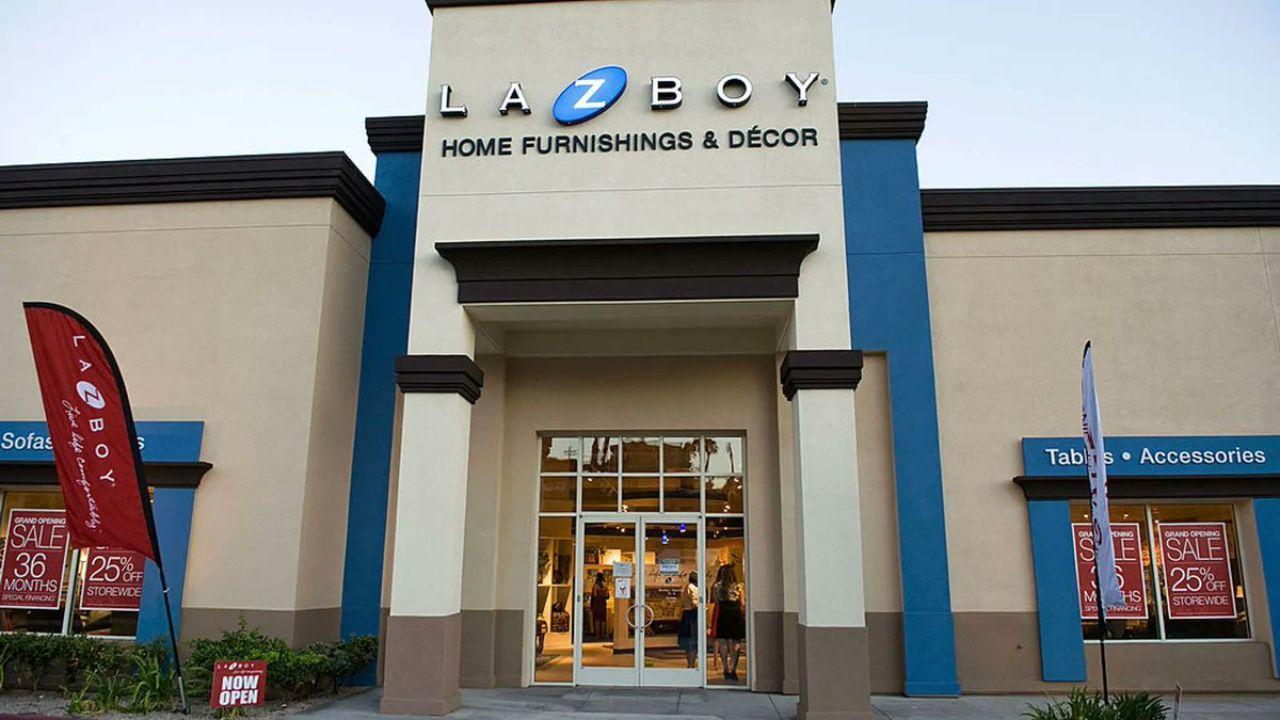
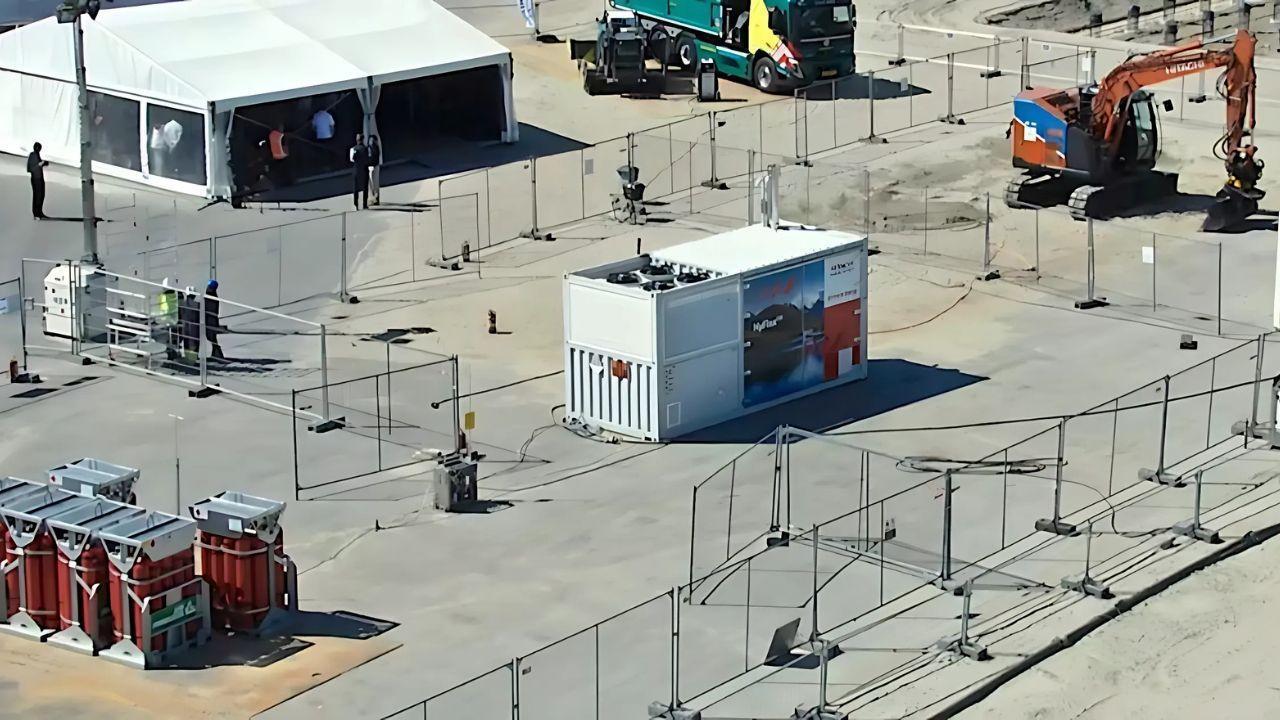
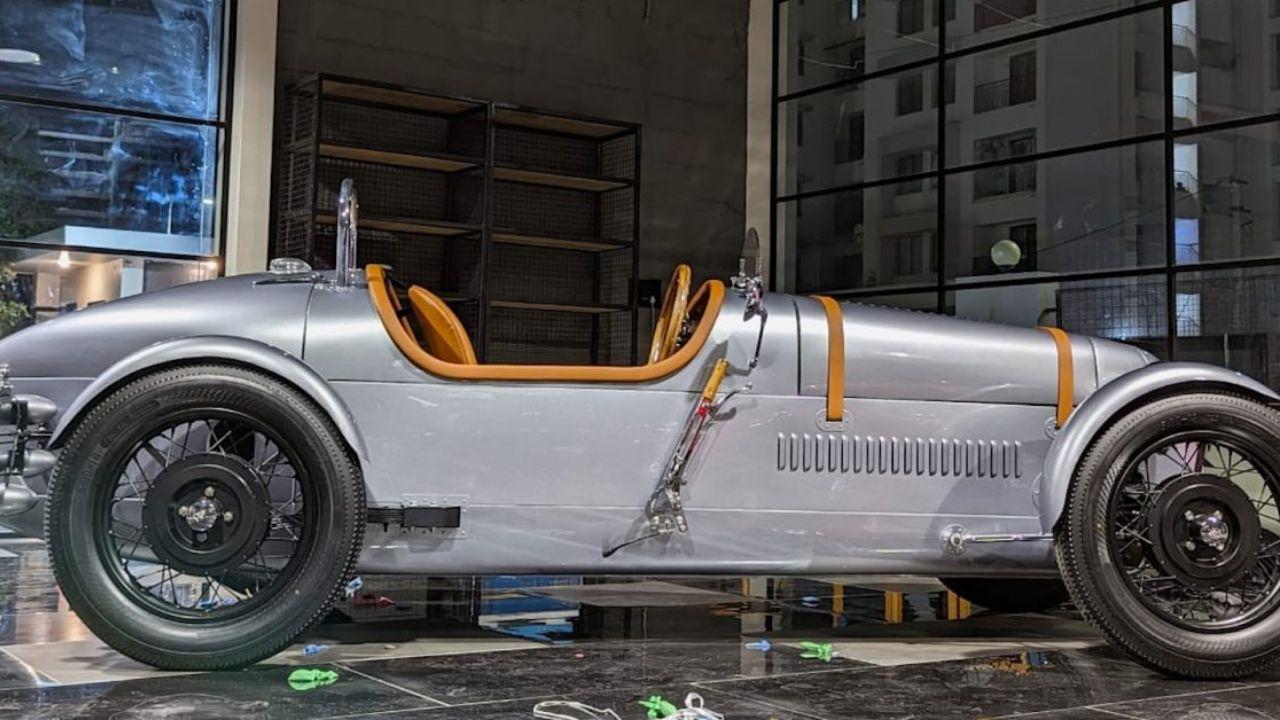

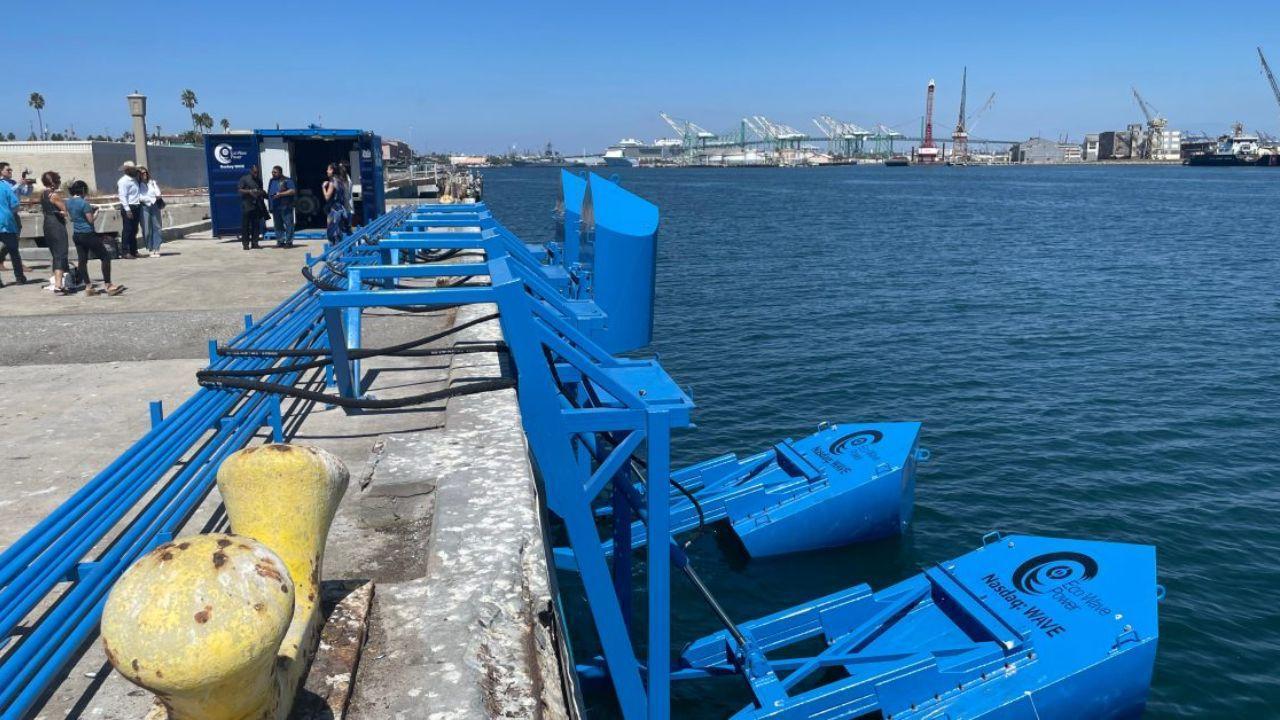
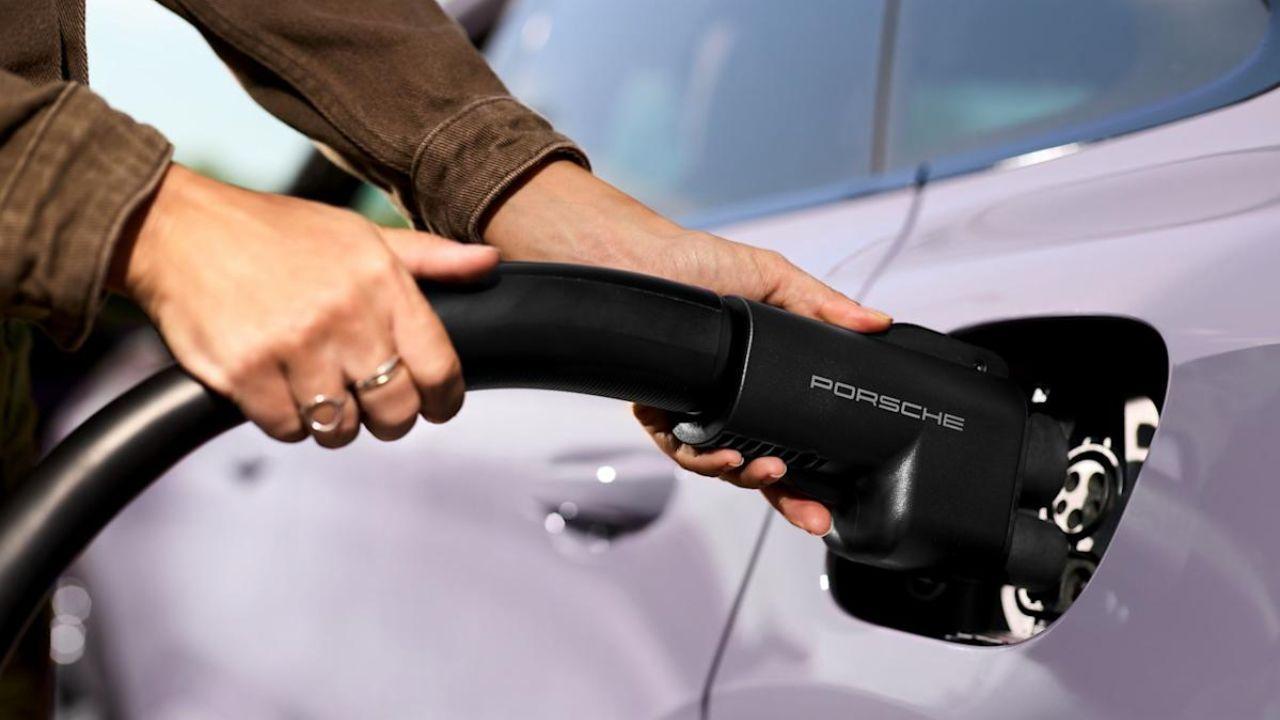
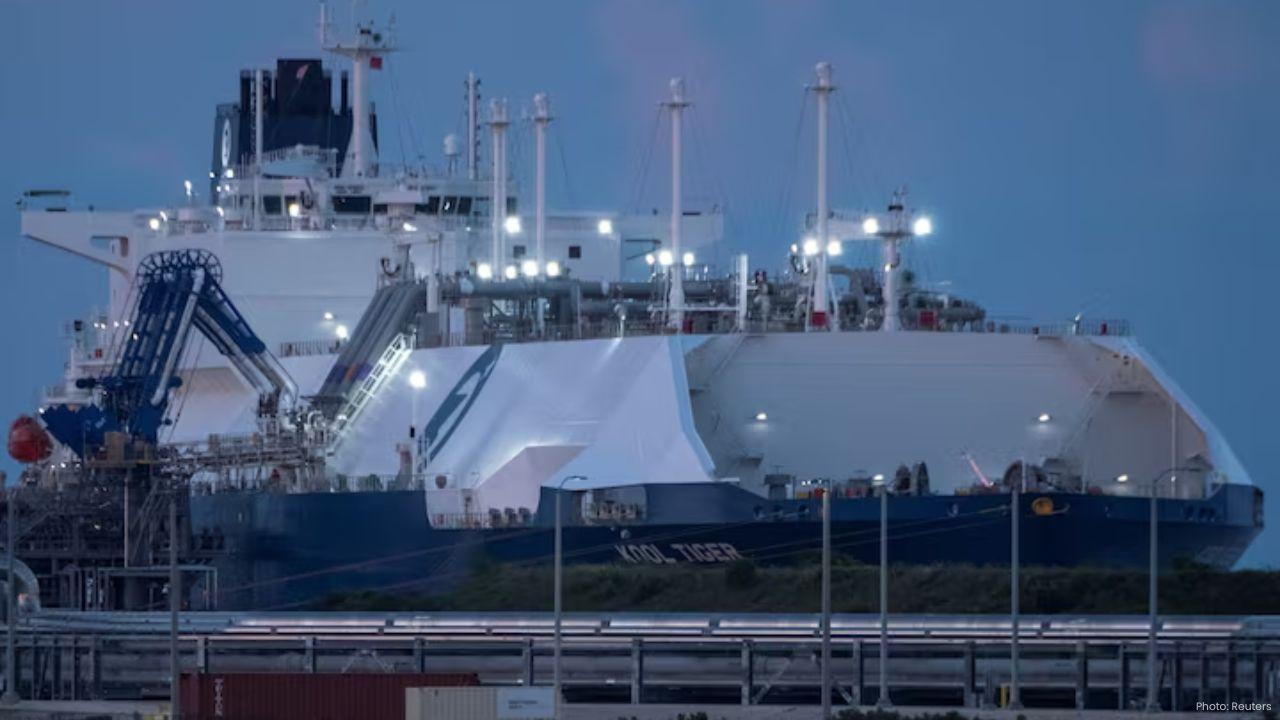

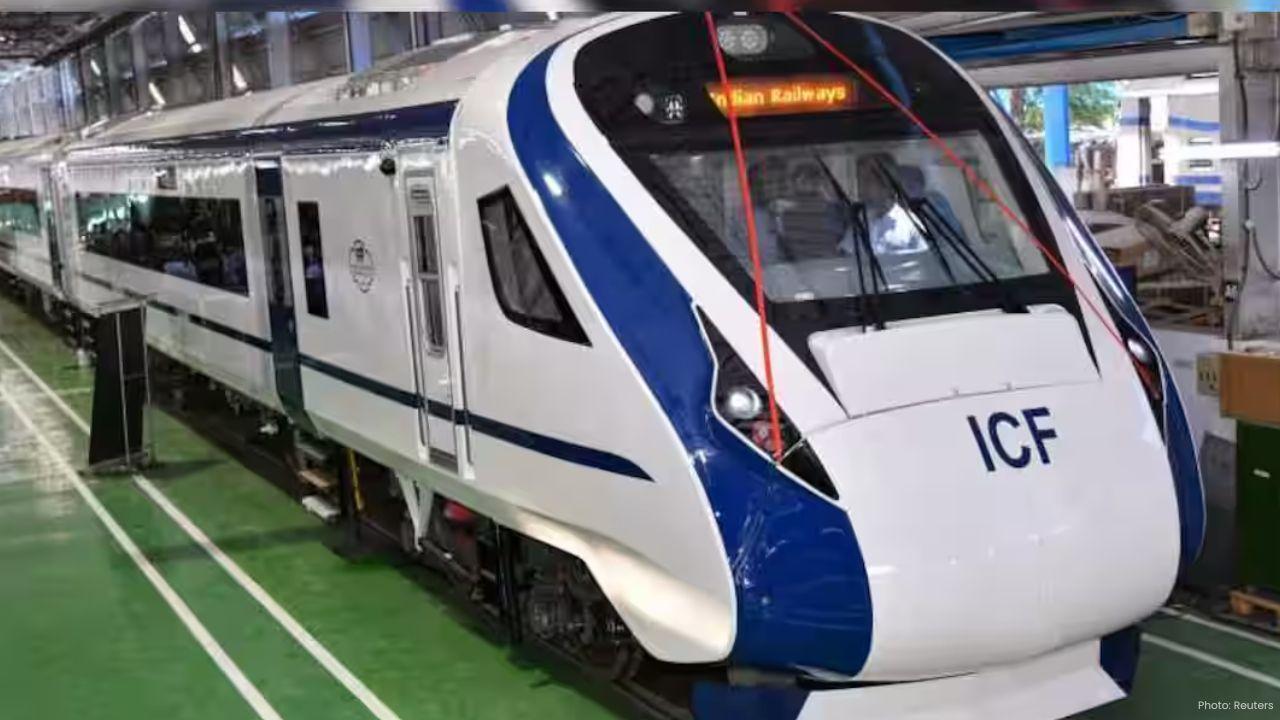
Vande Bharat Passenger’s Spitting Incident Sparks Nationwide Debate
A passenger spitting on the Vande Bharat Express floor sparks online debate on civic sense cleanline

OnTrac Introduces Ground Essentials Service for Affordable and Reliable Shipping
OnTrac launches Ground Essentials a new service offering cost-effective parcel delivery with up to 3

Breeze Airways Earns Five-Star Status as North America's Top Airline
Breeze Airways achieves a five-star rating marking it as North America's leading major airline for 2

Royal Enfield Cuts Prices on 350cc Bikes After GST Rate Reduction
Royal Enfield reduces prices on 350cc motorcycles from September 22, 2025, following GST rate cuts,

Viva ACP Boosts Bus Safety with Strong Lightweight Aluminium Panels
Viva ACP’s panels make buses safer lighter and stronger—saving energy and protecting passengers with
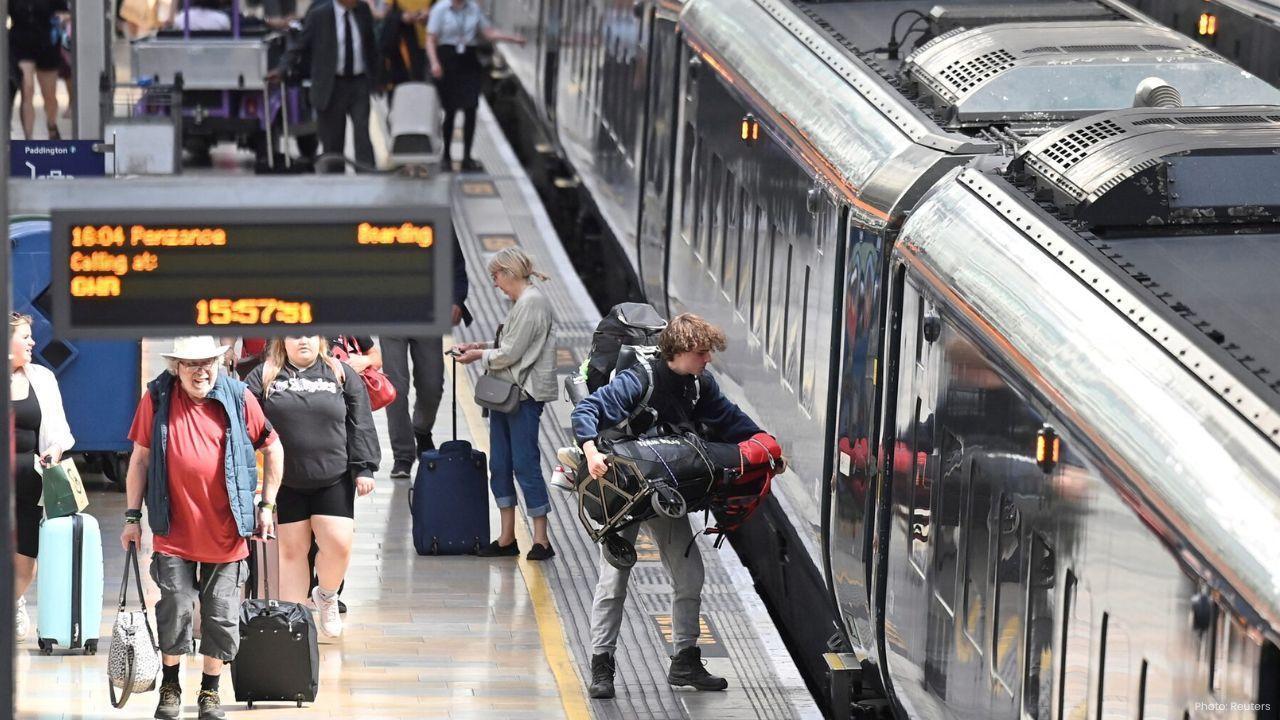
Steelpaint’s Stelcatec Coating Gets UK Rail Approval
Steelpaint’s Stelcatec coating approved by UK Network Rail for durable, fast, and effective protecti